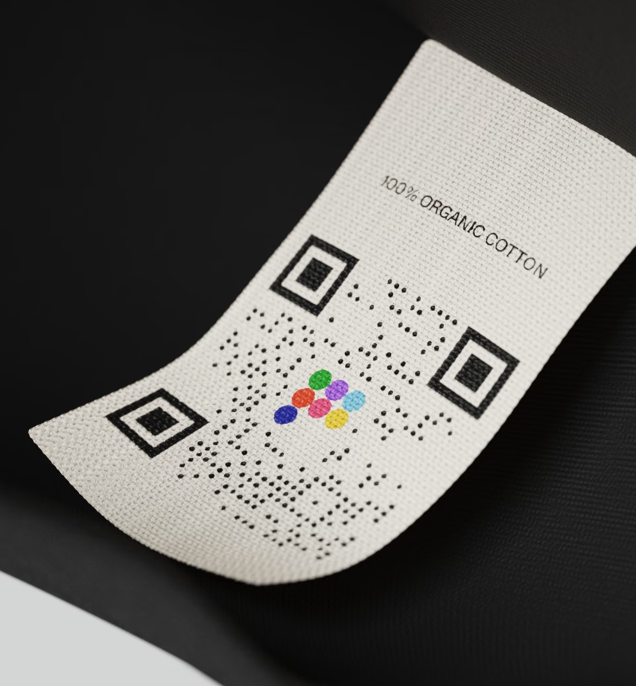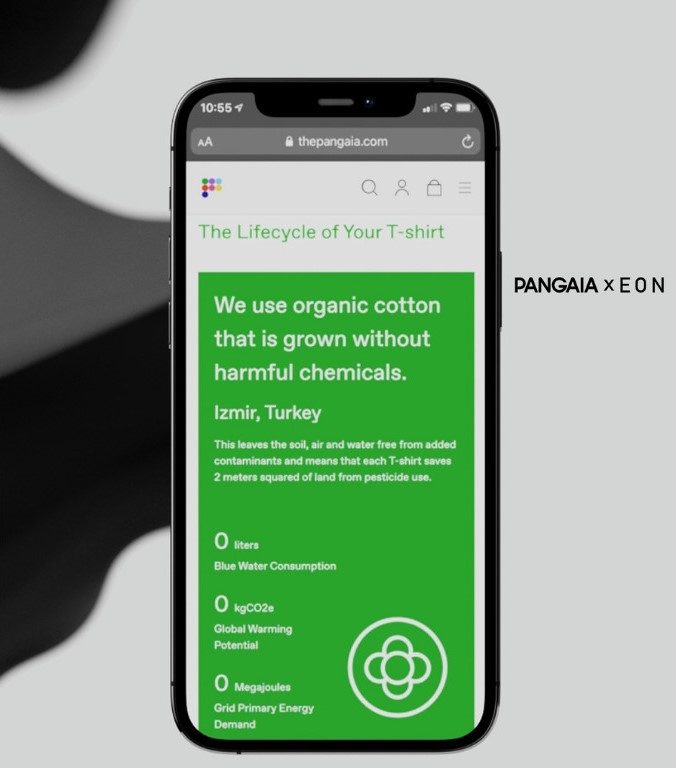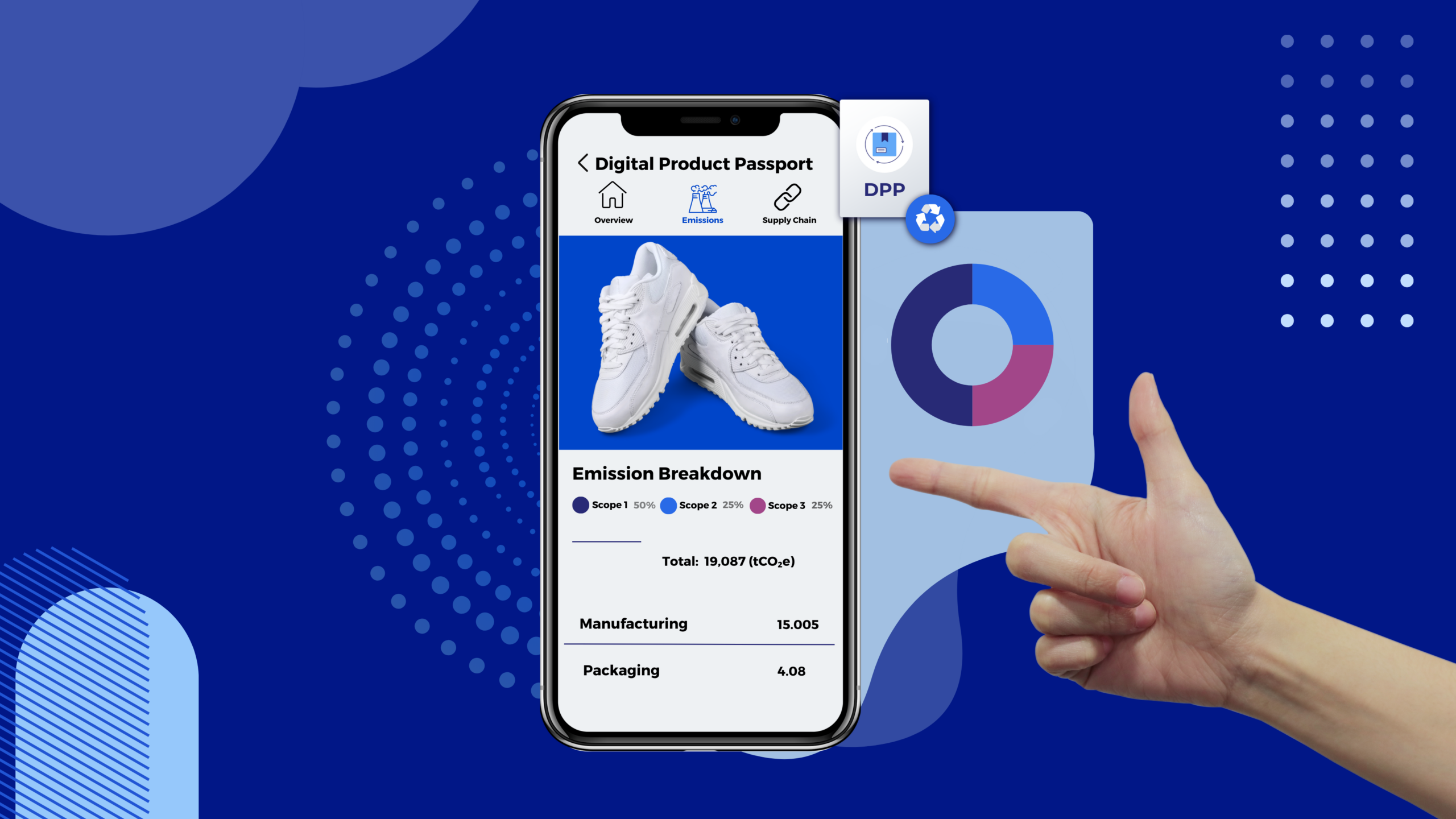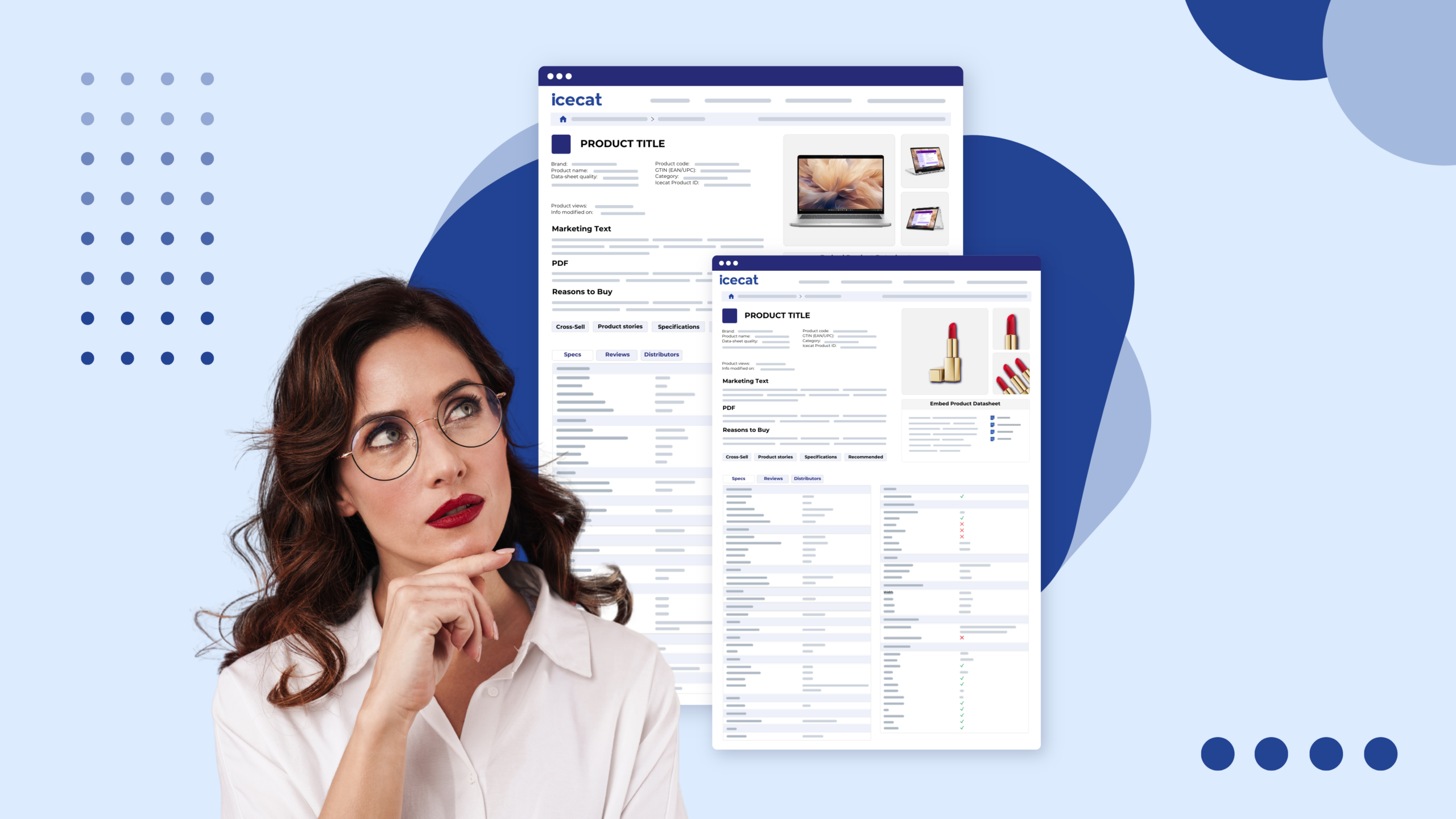Imagine a world where every product we use comes with a digital fingerprint, telling us where it came from and how it was made, why it’s sustainable, and how it can be reused or recycled. That’s the promise of the Digital Product Passport (DPP). This tool isn’t just reshaping how industries track their goods, but also transforming how we approach sustainability and transparency. From manufacturing efficiency to environmental responsibility, DPPs are becoming the gold standard in product lifecycle management, and soon, they’ll be a necessity as new regulations roll out globally.
Whether you’re a sustainability-conscious business leader or a curious professional eager to explore this tool, this guide will help you understand the top benefits of DPPs, how they reshape industries, and why adopting them now is not just a smart move, but an essential one.
What Is a Digital Product Passport?
A Digital Product Passport is an electronic record that holds a wealth of information about a product’s lifecycle. From raw materials and production methods to instructions for disposal or reuse, this data-driven passport offers a complete product profile.
Beyond compliance with sustainability regulations, DPPs function as a bridge between businesses, consumers, and regulatory bodies, ensuring transparency, traceability, and informed decision-making.
Why do Businesses Need a Digital Product Passport?
Sustainability is no longer a “nice-to-have” feature; e-commerce is shifting towards sustainability. There’s a growing demand for transparency regarding product origins and manufacturing methods. E-commerce companies are responding by reducing packaging waste, using sustainable materials, and investing in carbon offsetting and renewable energy. Moreover, regulations, such as those introduced by the European Union’s Circular Economy Action Plan, will make DPPs mandatory for specific industries within a few years. However, compliance isn’t the only reason businesses should pay attention. Integrating DPPs opens doors to better operational efficiency, elevated customer trust, and a chance to lead in the circular economy.
The Top Benefits of Digital Product Passport
Here’s a breakdown of how DPPs deliver value to businesses, consumers, and society at large.
1. Enhanced Transparency and Consumer Trust
Modern consumers, especially Generation Z and Millennials, want more than just a product. They want to know the story behind their purchases. Research shows that 46% of consumers are increasingly interested in understanding where their products come from, with a strong emphasis on transparency. DPPs deliver exactly that by providing:
- Clear data on product sourcing and materials
- Insight into labor conditions and sustainability practices
- Information about recyclability and environmental impact
Imagine comparing two shirts. One boasts “eco-friendly” claims, while the other provides a QR code linking to its DPP, detailing its carbon footprint, materials used, and instructions for recycling. Which would you buy?
PANGAIA, a sustainability-driven UK fashion brand, introduced the ReWear platform to support circular fashion and minimize waste. Through EON’s digital ID technology, each garment is tagged with a QR code, allowing customers to access its digital passport. Scanning the code provides detailed information on the garment’s materials, history, and environmental impact, offering complete transparency from production to purchase.


2. Data-Driven Business Insights
Did you know raw materials account for 40%-50% of European manufacturing costs? This highlights the need for efficient data management that reduces errors and maximizes resource optimization.
Implementing a Product Information Management (PIM) system provides centralized product data. By consolidating information into a single repository, PIM systems ensure accuracy and consistency across various departments and supply chain partners. This real-time monitoring of materials and sustainability metrics enables businesses to optimize stock levels, reduce waste, and maintain uniformity throughout the supply chain.
For example, a smartphone manufacturer can identify defect-prone models by analyzing repair frequency data across product lines. With insights from the PIM system, the company can focus on designing more durable models, thereby enhancing customer satisfaction and reducing warranty claims.
3. Regulatory Compliance and Reporting
In Europe, Digital Product Passports (DPPs) play a key role in simplifying compliance with strict environmental regulations like the European Green Deal, Circular Economy Action Plan, or Ecodesign Directive. DPPs provide a link to product-specific certifications, enabling auditors to verify compliance quickly. They also help businesses meet requirements for Scope 3 greenhouse gas emissions and Ecodesign regulations by tracking product lifecycle data, including carbon footprints, recyclability, and reparability.
4. Driving Sustainability
The ultimate goal of Digital Product Passports (DPPs) is to advance the circular economy by encouraging reuse and minimizing waste. DPPs provide transparent data about a product’s lifecycle, materials, and environmental impact, helping identify opportunities for more sustainable production practices, such as reducing carbon emissions and utilizing recyclable, durable materials. They also promote the extension of product lifespans by guiding both consumers and manufacturers toward sustainable choices.
5. Competitive Advantage
Adopting a DPP narrative allows companies to highlight the unique story behind their products, setting them apart from competitors while effectively communicating their values and dedication to sustainability to eco-conscious consumers. By adopting DPPs early on, businesses can position themselves as leaders in transparency and sustainability, driving both innovation and consumer loyalty.
Fairphone, a Dutch company, has developed a powerful narrative centered on sustainability and transparency, positioning itself as a leader in these areas within the electronics industry. Through initiatives such as developing DPPs and a strong commitment to extended product lifespans, Fairphone aims to challenge the industry’s traditional practices. DPPs provide consumers with detailed information about a product’s origin, materials, environmental impact, and end-of-life options.


Are You Ready to implement DPP in your business?
From improving transparency and sustainability to boosting operational efficiency, the benefits of digital product passports are too significant for businesses to ignore. By adopting DPPs, you align with consumer expectations, regulatory demands, and the planet’s need for responsible production.
Preparing for DPPs is no longer a “nice to have” but a necessity. Businesses that act now will not only remain competitive but gain a distinct advantage in a world increasingly prioritizing ethical, transparent, and sustainable practices.
Icecat, a global leader in open product data, is key in advancing sustainability within e-commerce. It promotes sustainability by providing accurate and transparent product information. Moreover, Icecat has been selected to participate in the European Union’s Digital Product Passport (DPP) electronics working group. Book a consultancy with our experts today if you want to learn more about how Icecat can help your business meet these new requirements and navigate the complexities of EU sustainability regulations.

Kat is a Digital Marketer with a passion for blending creativity with data-driven insights to craft engaging content.



